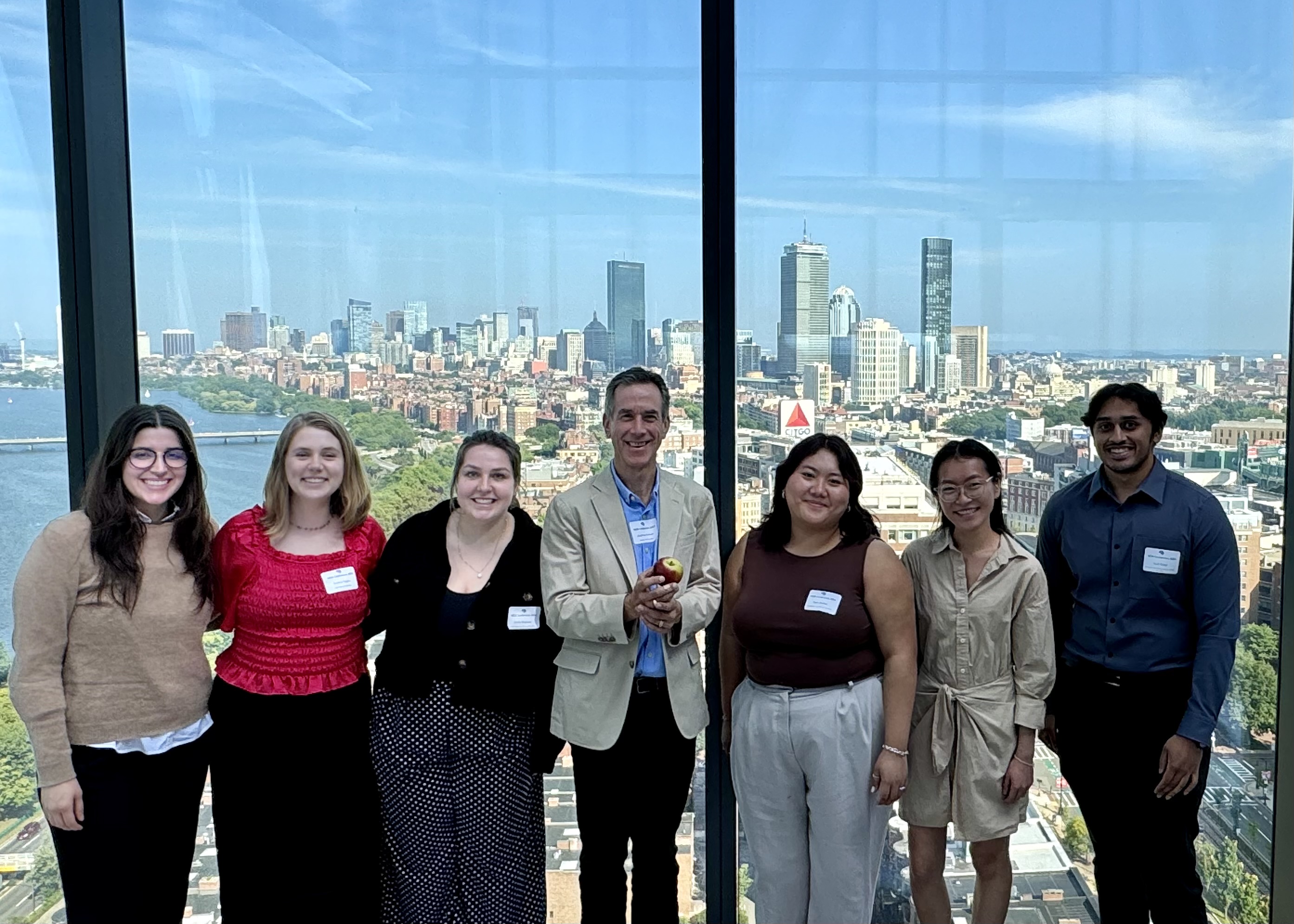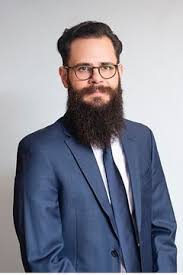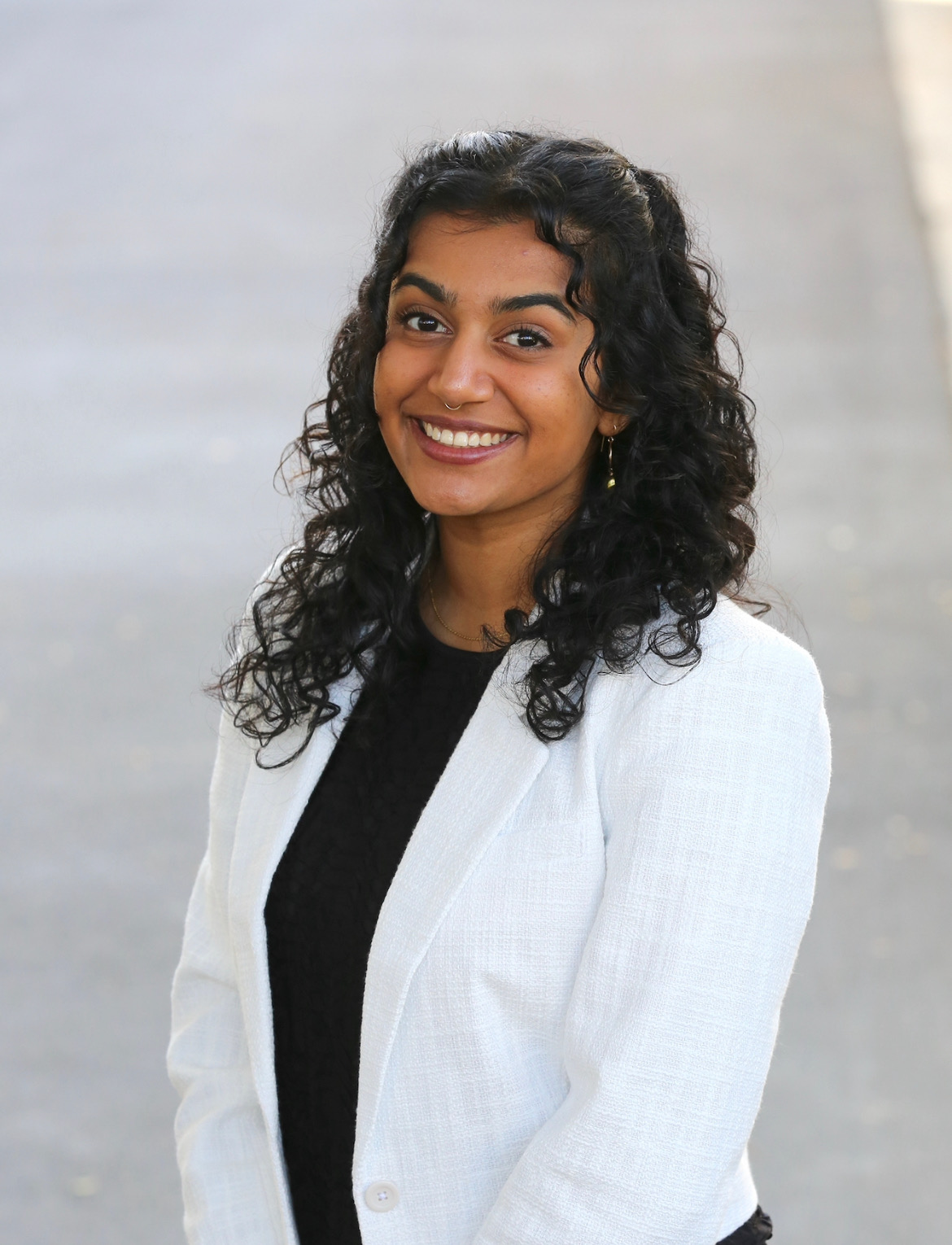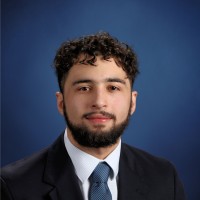Our Team
OUR TEAM
Our laboratory consists of a diverse team with a wide range of clinical and research abilities, including neurologists, psychologists, neuroscientists, psychiatrists, and neuropsychologists, among others. Each team member brings a unique perspective that enhances the creation of high-quality scientific work. The interdisciplinary nature of our team enables us to place our research findings in a broader context and effectively communicate them to a diverse audience.
Principal Investigators:
Dr. Andrew Budson, M.D.
Co-Director of the Center for Translational Cognitive Neuroscience
Andrew E. Budson, M.D. is Chief of Cognitive & Behavioral Neurology, Associate Chief of Staff for Education, and Director of the Center for Translational Cognitive Neuroscience at the Veterans Affairs (VA) Boston Healthcare System, Associate Director and Outreach, Recruitment, and Engagement (ORE) Core Leader at the Boston University Alzheimer’s Disease Research Center, Professor of Neurology at Chobanian and Avedisian School of Medicine, and Lecturer in Neurology at Harvard Medical School. His training included graduating cum laude from Harvard Medical School, being chief resident of the Harvard-Longwood Neurology Residency Program, pursuing a fellowship in dementia at Brigham and Women’s Hospital, and studying memory as a post-doctoral fellow in experimental psychology and cognitive neuroscience at Harvard University. Dr. Budson has had government research funding since 1998, receiving a National Research Service Award and a Career Development Award in addition to a Research Project (R01) grant. He has given over 800 local, national, and international grand rounds and other academic talks. He has published over 150 papers, reviews, and book chapters and is a reviewer for more than 50 journals. He has co-authored or edited eight books, including Memory Loss, Alzheimer’s Disease, and Dementia: A Practical Guide for Clinicians (translated into Spanish, Portuguese, and Japanese), Seven Steps to Managing Your Memory (translated into Korean and Simplified Chinese), Six Steps to Managing Alzheimer’s Disease and Dementia: A Guide for Families, and Why We Forget and How to Remember Better: The Science Behind Memory. He was awarded the Norman Geschwind Prize in Behavioral Neurology in 2008 and the Research Award in Geriatric Neurology in 2009, both from the American Academy of Neurology. His current research uses the techniques of experimental psychology and cognitive neuroscience to understand memory in patients with Alzheimer’s disease. In his memory disorders clinic at the VA Boston Healthcare System, he treats patients while teaching fellows, residents, and medical students.
 Dr. Katherine Turk, M.D.
Dr. Katherine Turk, M.D.
Co-Director of the Center for Translational Cognitive Neuroscience
Dr. Turk is a board-certified Neurologist specializing in Cognitive and Behavioral Neurology. She earned her medical degree from Tufts University School of Medicine and then completed her Internship and Neurology residency at the University of Washington in Seattle. She completed her fellowship training in Behavioral Neurology at Boston University/VA Boston. She sees patients at the Boston VA Memory Disorders clinic and is also a principal investigator and co-director of the Center for Translational Cognitive Neuroscience lab (CTCN) at VA Boston. She serves as the co-leader of the Outreach, Recruitment, and Engagement core of the Boston University Alzheimer’s Disease Research Center. She has received research funding from the Alzheimer’s Association, the Doris Duke Foundation, and the US Department of Veterans Affairs. Dr. Turk’s primary research interests include studying the impact of mindfulness on memory, cognition and self-representation among older adults with and without Alzheimer’s disease. She is also broadly interested in behavioral interventions for autobiographical memory loss in veterans with Alzheimer’s disease and Traumatic Brain Injury.
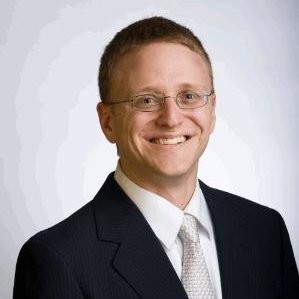 Brandon Frank, Ph.D.
Brandon Frank, Ph.D.
Brandon Frank, PhD, received his Doctorate in Clinical Psychology from Fordham University in 2020. He completed pre-doctoral residency in neuropsychology at University of Florida Health Shands Hospital and neuropsychology fellowship training at VA Bedford Healthcare System. He became involved in research with the Boston University Alzheimer’s Disease Research Center (ADRC) during his post-doctoral training and received ADRC pilot grant funding to quantify a novel plasma biomarker in the ADRC clinical cohort. In September 2022, he joined the VA Boston Healthcare System and National Expert Consultation & Specialized Services Memory Disorders Program where he evaluates and treats Veterans with memory loss from around the country. He is principal investigator on a VA Career Development Award examining a screening tool for Alzheimer’s disease, which applies machine learning tools to a low-technology digital clock drawing test (JIT pending). He is also co-investigator on a VA MERIT award examining interventions designed to influence brain aging and biomarkers of brain health. His research leverages advanced statistical techniques and new technologies to advance our understanding of neurodegenerative diseases. He has published in peer reviewed neurology and neuropsychology journals and presented on a wide range of topics in neuropsychology. Dr. Frank serves as editor and reviewer for multiple journals including Alzheimer’s & Dementia, the Journal of Clinical and Experimental Neuropsychology, the Journal of the International Neuropsychological Society, Psychological Assessment, and Neuropsychologia. In addition to his clinical and research activities, Dr. Frank mentors and teaches BU doctoral students, residents, and fellows.
Antreas Charidimou, M.D., MSc, Ph.D., FESO
Andreas Charidimou is an Asst. Prof of in neurology at Boston University Medical Center (MA, USA). He studied medicine at the University of Athens (Athens, Greece), did his PhD on applied clinical neuroimaging of cerebral small vessel disease and intracerebral haemorrhage at the University College London, Queen Square, Institute of Neurology (London, UK), and completed a post-doctoral fellowship at the Massachusetts General Hospital/Harvard Medical School Hemorrhagic Stroke Research Program (Boston, USA). His research focuses on cerebral amyloid angiopathy, aiming to improve diagnosis, define risk of hemorrhage and dementia, and integrate novel biomarkers into clinical practice.
Post-Doctoral Researchers:
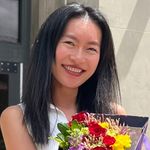 Kathy Xie, Ph.D.
Kathy Xie, Ph.D.
Dr. Kathy Xie is a postdoctoral researcher at the Center for Translational Cognitive Neuroscience. Dr. Xie earned her Ph.D in Psychology with a concentration in Cognition and Cognitive Neuroscience from the University of Michigan, Ann Arbor. Dr. Xie’s doctoral work explored the influence of working memory processing on subsequent associative episodic memory in healthy younger and older adults and the impact of working memory training in individuals with Mild Cognitive Impairment. At the CTCN, Dr. Xie will investigate the cognitive and neural mechanisms underlying age-related changes in memory and develop interventions to improve memory and cognitive functioning in older adults and veterans with and without cognitive impairment.
Contact: kxie1@bu.edu
Graduate Students:
 Brenna Hagan, B.S.
Brenna Hagan, B.S.
Ph.D. Candidate
Brenna Hagan earned her Bachelor’s Degree in Neuroscience from Emmanuel College. She joined the CTCN lab in June 2022 and is currently a fifth-year Ph.D. candidate in Behavioral Neuroscience at Boston University. Her research interests center on understanding the cognitive and neural underpinnings of Alzheimer’s disease and related dementias. She employs techniques such as EEG, ERP, and TMS-EEG to investigate episodic memory, including autobiographical memory, consciousness, and pathophysiological mechanisms like cortical excitability, brain complexity, and connectivity, and to develop and explore the efficacy of non-pharmacological interventions.
Contact: haganb@bu.edu
Joshua Berenbaum, B.S.
Ph.D. Student
Joshua Berenbaum graduated with Honors from Johns Hopkins University in 2024, earning a Bachelor of Science in Neuroscience with a second major in Cognitive Science and a minor in Psychology. He joined the CTCN lab in June 2025 and is currently a second-year Ph.D. candidate in the Behavioral Neuroscience program at Boston University. During his undergraduate studies, Josh worked with the Cognitive Neuropsychiatric Research Lab to better understand and treat cerebellar ataxia in affected movement disorder patients. His research with the CTCN lab now aims to do the same with Alzheimer’s Disease and related dementias: to better understand the cognitive and neural underpinnings of the impairments experienced in these populations, and to develop treatments and non-pharmacological interventions that delay these symptoms. Josh is particularly interested in how consciousness and perception of the world differs between those with and without Alzheimer’s Disease.
Contact: jberenb1@bu.edu
Recruitment Coordinator:
Dean Sheppard, B.S.P.H., M.P.H.
Research Assistants:
Heera Kamaraj, B.S.
Heera earned her Bachelor of Science in Cognitive Science with a Specialization in Computing from the University of California, Los Angeles. As a research assistant in the Castel Memory & Lifespan Cognition Lab at UCLA, she contributed to projects exploring how different dimensions of curiosity influence memory. At the CTCN, Heera is excited to investigate mindfulness-based stress reduction as an intervention for enhancing memory and cognition in older adults. She is also involved in studying the long-term effects of traumatic brain injury and repeated head impacts in Veterans, both with and without cognitive impairment.
Contact: hkamaraj@bu.edu
Anthony Goñez, B.A.
Anthony holds a Bachelor’s degree from Stonehill College. At the CTCN, he contributes to a diverse range of research projects. These includes a EEG-Neurofeedback study, an investigation into the presence of hallucinations in individuals with memory disorders, and a study examining the long-term effects of traumatic brain injury and repeated head impacts in Veterans, both with and without cognitive impairment.
Contact: ajgonez@bu.edu
Samantha Atlas, B.S.
Samantha earned her Bachelor of Science in Neuroscience and Biology from Brandeis University. During her undergraduate studies, she worked as a research assistant in the Valera Lab at the Athinoula A. Martinos Center for Biomedical Imaging, where she contributed to projects examining the impact of intimate partner violence–related traumatic brain injuries on cognitive and psychological functioning. At the CTCN, Samantha is excited to study memory and aging in Veterans, examining changes in brain health over time to advance earlier diagnosis and more effective treatments for Alzheimer’s disease and related dementias.
Contact: satlas1@bu.edu
 Sarah Harer, B.A.
Sarah Harer, B.A.
Sarah earned a Bachelor of Arts in Psychology from Boston University. They currently work as a Research Assistant under the supervision of Dr. Frank, contributing to a study that aims to correlate clock drawing performance with PET amyloid imaging results as a potential non-invasive alternative to PET testing for Alzheimer’s disease. They also work under Dr. Turk on projects investigating traumatic brain injury (TBI) and mindfulness interventions, and assist with the Transitional Spaces study under Dr. Anderson. Their research interests broadly include geriatric psychology and the intersections between the built environment and health outcomes.
Contact: sharer@bu.edu
Brett Rauch, B.A.
Brett earned his Bachelor of Arts in Psychology and Justice & Peace Studies from Georgetown University. As an undergraduate research assistant at the Developmental Cognitive Neuroscience Lab, he explored the role of interoceptive function in health-related behaviors. At the CTCN, Brett investigates the presence of hallucinations in individuals with memory disorders, as well as neurofeedback as a method of memory consolidation.
Contact: brauch1@bu.edu
Clinical Team:
 Mark Knobel, Ph.D, M.D.
Mark Knobel, Ph.D, M.D.
Mark Knobel is a neurologist at VA Medical Center. He received his medical degree from UMass Chan Medical School.
Lola Baird, LICSW
Hailing from Detroit, Michigan, Lola Baird, LICSW, received her BA in English Literature from the University of Michigan, Ann Arbor. Following an undergraduate internship with the Washtenaw County Office of the Public Defender, Lola developed a passion for advocating for underserved populations. Lola pursued a graduate degree in Social Work at Boston College and, in 2011, received her MSW with a concentration in Clinical Mental Health. Lola has been a full-time Social Worker with the VA Boston Healthcare System since February 2012 and has worked in many areas of the hospital system. Starting her career in the Community Residential Care program, Lola provided clinical case management services to Veterans with chronic mental illnesses who live in VA-contracted community group homes. Lola then transitioned to the General Mental Health clinic, where she assisted with developing the practices and guidelines for Social Work Case Management within outpatient mental health clinics, provided regular and ad hoc mental health coverage in the Brockton Urgent Care clinic, and served for 2-years as the Military Sexual Trauma Coordinator for VA Boston. Lola currently serves as the Senior Social Worker and Program Coordinator for the Polytrauma/Traumatic Brain Injury clinic, where her primary duties include planning, developing, implementing, and evaluating the Polytrauma/TBI program at VA Boston, along with coordinating service delivery for Veterans seen in the clinic.
Diana Anderson, M.D., M.Arch, ACH
Advanced Fellow, Geriatric Neurology
Website: www.dochitect.com
Diana Anderson, MD, M.Arch, ACHA, is a healthcare architect, as well as a board-certified internist and geriatrician. As a “dochitect”, Dr. Anderson combines educational and professional experience in both medicine and architecture. She has worked on hospital design projects globally and is widely published in both architectural and medical journals, books, and the popular press. She is a frequent speaker about the impacts of architectural design on health outcomes. As a past Fellow at the Harvard Medical School Center for Bioethics, she explores space design and ethics. Dr. Anderson is now pursuing a research fellowship in geriatric neurology at the VA Boston Healthcare System and exploring the impact of the built environment on health outcomes for older adults living with dementia.
Saidy A. Salem Hernandez, M.D.
Roberto Cardona, M.D.
Sinthuja Jayaraj, M.D.
2025-2026 Neuropsychology Practicum Students:
- Rachel Johansson
- Natalie Daw
- Gabriella Messina
- Margot Packard
- Selimar Malave-Tomei
- Valeria Serrano
2025-2026 Medical Student Interns:
- Christine Lo Verde (2024 – present)
- Guneet Bindra (2024 – present)
- Minzae Kim (Winter 2025 – present)
- Priya Mukhi (Summer 2025)
- Grace Desmond (Summer 2025)
2026 Masters/Doctoral Student Interns:
- Sofia Angelini
- Jade Curylo
- Elira Martin
- Allison Noll
2025-2026 Undergraduate Interns:
- Yasemin Yilmaz (2024 – present)
- Samantha Seto (2025 – present)
- Kye Kim (2025 – present)
- Sarah Chittenden (2025 – present)
- Rebecca Antonio
- Jamila Rodriguez
- Sophia Kato
- Zoe Zucker
- Agnes Yu
